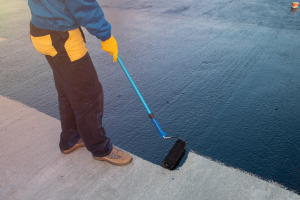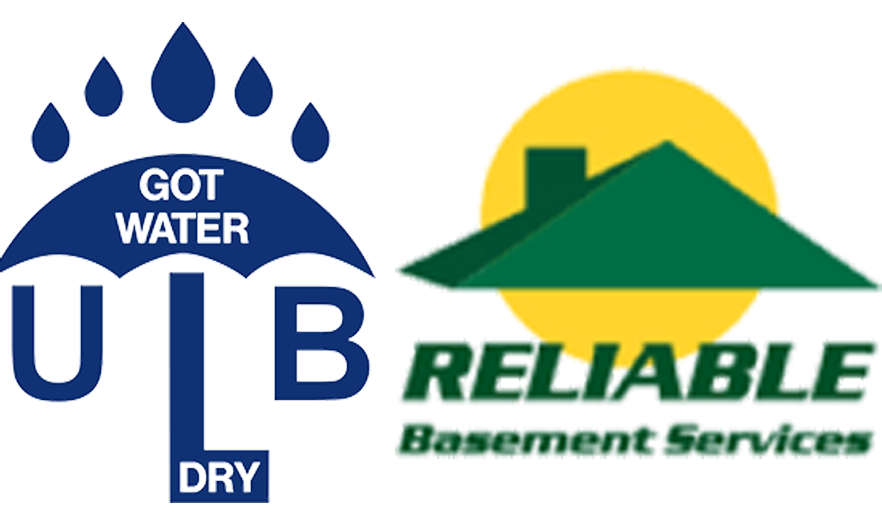
Basement waterproofing membranes are a crucial component of an effective basement waterproofing system. These specialized materials are designed to create a barrier that prevents water from seeping into your basement, protecting your home’s foundation and interior from the damaging effects of moisture.
Are you thinking about installing a basement waterproofing membrane for your home? If so, and if you’re looking for some information about the various types that are available, you’ve come to the right place. This basement waterproofing company in Minooka, Illinois is going to review some of the most popular options below.
Common Waterproofing Membranes Materials
Waterproofing membranes are typically made from a variety of materials, including:
- Polyethylene (PE): A durable, flexible, and lightweight plastic that provides an effective barrier against water and moisture.
- Polyvinyl chloride (PVC): A synthetic plastic material that offers excellent waterproofing properties and resistance to chemical and environmental factors.
- Bentonite: A type of clay that swells when exposed to water, creating a natural waterproofing barrier.
- Bitumen: A thick, sticky substance derived from petroleum that is commonly used in waterproofing applications.
These materials are engineered to be highly resistant to water, ensuring that any moisture that encounters the membrane is effectively redirected away from your basement’s walls and floor.
Types of Basement Waterproofing Membranes
Most basement waterproofing companies in Minooka, Illinois offer several different types of membranes to choose from, each with their own unique characteristics and benefits. Understanding the different options can help you make an informed decision that best suits the needs of your home and your budget.
1. Sheet Membranes
These are large, continuous sheets of waterproofing material that are installed along the basement walls and floor.
They provide a comprehensive barrier against water intrusion and are highly effective in preventing leaks and moisture problems.
Examples include polyethylene (PE), polyvinyl chloride (PVC), and rubberized asphalt membranes.
2. Liquid Membranes
Liquid membranes are applied as a coating or spray, creating a seamless, continuous barrier.
They are particularly useful for covering irregular surfaces and hard-to-reach areas, making them a good choice for basements with complex layouts.
Examples include acrylic-based, polyurethane, and epoxy-based liquid membranes.
3. Bentonite Membranes
Bentonite membranes are made from a highly absorbent clay material that swells when in contact with water, forming a natural waterproofing barrier.
They are often used in areas with high water tables or where hydrostatic pressure is a concern.
Bentonite membranes can be applied as a powder, blanket, or panel, depending on the specific installation requirements.
4. Composite Membranes
Composite membranes combine two or more waterproofing materials, such as a polyethylene sheet with a bentonite layer.
This combination provides enhanced waterproofing capabilities, as well as improved durability and versatility.
Composite membranes are often used in challenging waterproofing situations, where a single-layer membrane may not be sufficient.
Choosing the right type of basement waterproofing membrane for your home will depend on factors such as the severity of the water intrusion, the existing conditions of your basement, and your budget. A knowledgeable basement waterproofing company in Minooka, Illinois can assess your specific needs and recommend the most suitable membrane solution.
Looking for a Basement Waterproofing Company in Minooka, Illinois?
Are you ready to protect your basement by having a waterproofing membrane installed? If so, and if you’re ready to partner with the most trusted basement waterproofing company in Minooka, Illinois, our experts at ULB-DRY Waterproofing are here to assist you. Contact us today to learn how we can help keep your basement dry.





